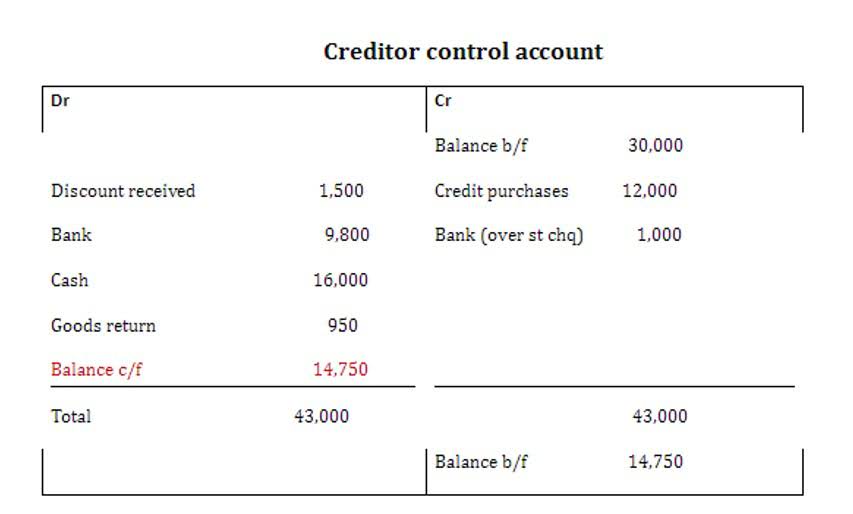
Training sessions can ensure that all team members understand their importance and implications. Moreover, clear protocols ensure consistent and accurate reconciliations. Stakeholders rely on reconciled data for trust and decision-making.

The Path to Enhanced Accounting and Financial Reporting for Management

Accurate reporting ensures that stakeholders have all the information they need. It’s a vital aspect of successful real estate accounting that builds trust and confidence. In accrual accounting, revenues are recognized when earned, not payroll when received.

Implementing Real-time Data Syncing
A depreciation calculation can be done using various methods such as the MACRS method, Unit of Production method, Straight-line depreciation. Hiring professionals like certified CPAs or accountants is certainly a good practice, especially when you are not completely aware of the accounting process. This would not only ensure an accurate recording and reporting but also take away a lot of your burden. This way, you could lay more emphasis on your core business activities rather than be worried about accounting. If you want to streamline your tax filing, start reviewing your books in the fall.
Income Statement Distinctions
Building trust and enhancing reputation are vital for success in the real estate industry. These practices solidify market reputation and showcase financial stability. Financial accounting standards dictate how real estate transactions are recorded and reported. Differentiating between industry-specific guidelines ensures accurate and standardized financial reporting. The real Bookstime estate industry is dynamic, with ever-evolving financial practices. This involves participating in industry workshops, subscribing to journals, and joining accounting forums.
Revenue Recognition in REITs

These expenses are fully deductible in the year they are incurred. Capital expenditures, however, are investments in the property that add value or extend its life, such as major renovations or the addition of new facilities. These costs are capitalized and depreciated over their useful life, requiring strategic planning for budgeting and tax purposes.

Accurate expense categorization drives informed decision-making and business optimization. Ethical accounting standards ensure that businesses operate with integrity and transparency. Good real estate accounting practices include adherence to these ethical standards. Regular reviews, audits, and continuous professional development are essential components. Training sessions real estate accounting entries and advanced software solutions can further enhance ethical practices.
- Regular reviews, adherence to industry standards, and continuous professional development are essential components.
- Training sessions can ensure that all team members understand their importance and implications.
- These platforms enable REITs to automate processes, reduce errors, and ensure compliance with regulatory requirements.
- If you’re working with a real estate brokerage to build up your business and brand name, make sure you have a clear idea of your commission fees and opportunities.
- It’s a strategic approach that ensures the long-term success of a real estate business.
- Because there isn’t a delay between the service and payment, the cash-based model works.
Advanced accounting tools offer features that streamline real estate accounting. This involves exploring AI-powered analytics, utilizing cloud platforms, and integrating with CRM systems. Technology and collaboration are pivotal for modern real estate accounting. By leveraging advanced tools and fostering collaborative environments, businesses can achieve unparalleled efficiency. Bookkeeping in real estate focuses primarily on ensuring that accurate records of invoices, expenses, and payroll are kept. While many use the terms bookkeeping and accounting interchangeably, bookkeeping refers to a narrower subset of financial activities within a given business.
Financial Planning for Developers: Crafting a Sustainable Strategy
- It emphasizes the importance of transparent financial reports, fiscal responsibility, and ethical accounting standards.
- Advanced real estate accounting software further streamlines expense tracking.
- Good accounting habits can make the tax process easier and faster—while also optimizing your tax deductions.
- Accurate monitoring ensures that businesses remain compliant and optimize their tax strategies.
- For real estate professionals, understanding GAAP is indispensable.
- Ultimately, financial analysis ensures that stakeholders have insights into the financial position and performance of a property.
For real estate professionals, streamlined expense tracking is crucial. Accurate expense tracking drives financial transparency and stakeholder trust. Properties should be valued accurately for transparent financial reporting. Inaccurate asset valuation can distort balance sheets and mislead stakeholders. For real estate professionals, accurate asset valuation is crucial. Accurate asset valuation drives financial transparency and stakeholder trust.
Consultants in the real estate sector provide insights into market trends and investment strategies. Real estate accounting offers them tools to analyze property valuations, rental incomes, and market demand. Regular financial reviews ensure that their analyses are up-to-date and relevant. Training sessions and workshops further enhance their analytical skills.
Leave a Reply